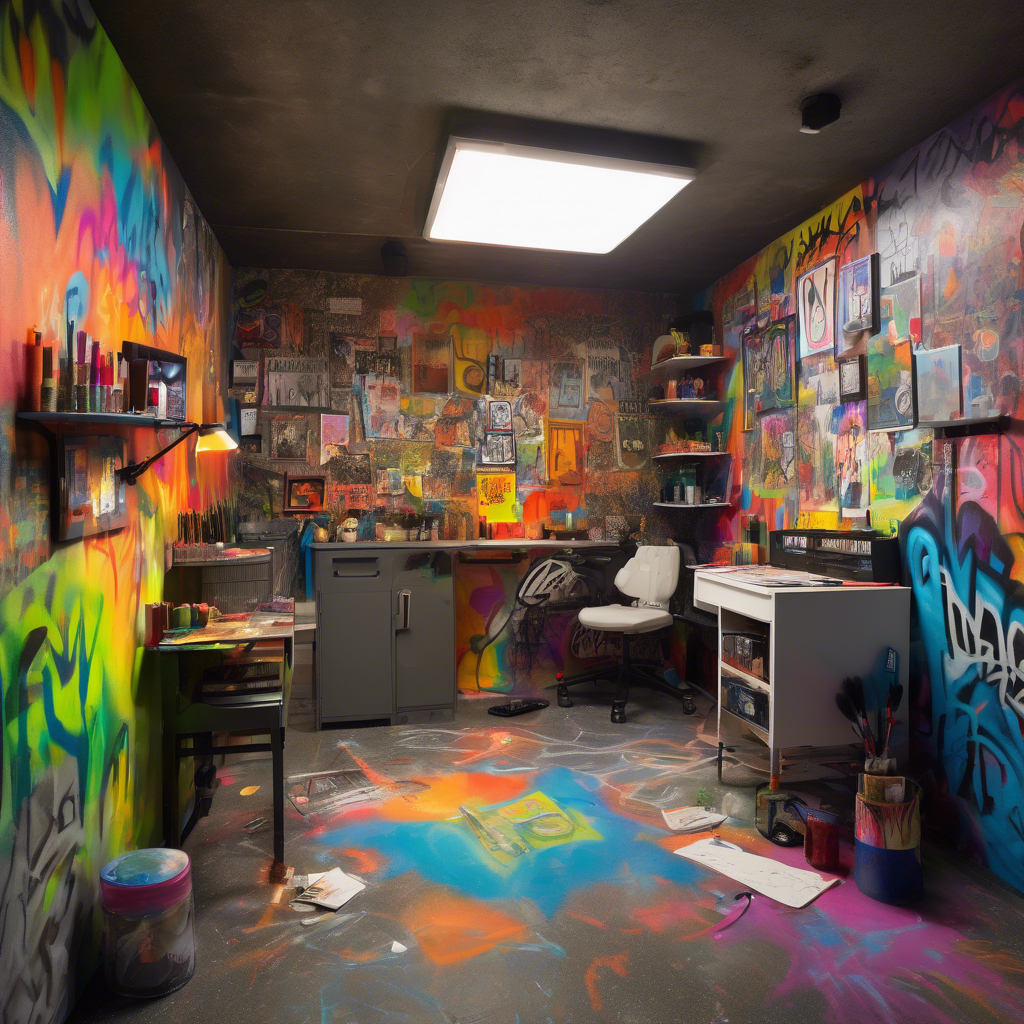
When you think of Nadya Tolokonnikova, the fiery activist and artist known worldwide as a co-founder of the punk protest band Pussy Riot, you might imagine a fierce opponent of the Russian Orthodox Church and its traditional symbols. Yet, a striking detail from a recent interview shatters that stereotype: two crucifixes hanging discreetly on her bedroom wall, located right next to a double bed. This unexpected image contrasts sharply with the outrage her infamous 2012 "punk prayer" performance in Moscow's Cathedral of Christ the Saviour provoked, which led to her being sentenced to two years in prison on charges of “religious hatred.” In truth, Tolokonnikova’s relationship with religion and the church is much more nuanced than the headlines suggest.
Pussy Riot’s bold activism, often performed behind brightly colored balaclavas, helped catapult Tolokonnikova onto the global stage during a turbulent era of Russian politics. Their defiant "punk prayer" slammed not just the church but the Kremlin itself, symbolizing pushback against Vladimir Putin’s tightening grip on power. Yet, in her Berlin exhibition "Wanted" — part of the city's famed gallery weekend — Nadya reveals a softer, complex side that invites reinterpretation of her motives and beliefs. The show features a life-sized replica of her cramped prison cell, footage of her defiant performances, and, intriguingly, her own paintings of religious icons rendered in traditional Slavic calligraphy. The twist? The depicted figures sport Pussy Riot’s iconic ski masks, blending sacred tradition with punk rebellion. This duality highlights Nadya’s message: she does not hate the church itself but criticizes the corrupt elements entwined with state power.
Beyond the art, Tolokonnikova embodies resilience shaped by harrowing personal experience. Her hunger strike in prison in protest of brutal conditions shone a harsh light on the Russian penal system, which she has likened to a modern-day gulag. The exhibit conveys this through raw artifacts like her prison badge, lousy pay stubs for forced labor, and touching drawings sent by her young daughter during her incarceration. These intimate items humanize a political prisoner whose story might otherwise seem distant to many. Nadya’s choice to depict her prison isolation cell also signals an emotionally charged reclaiming of trauma — a practice inspired by the trauma psychologist Peter A Levine’s method of revisiting painful memories with awareness to foster healing.
Still, the firebrand activist admits to a growing cynicism born from Russia’s increasingly grim political landscape. Since the 2022 full-scale invasion of Ukraine, Tolokonnikova has felt a sense of defeat — yet she continues creating art, believing in its power to uplift even in the darkest times. Her work now critiques not only political tyranny but also how protest and rebellion risk being commodified in today’s globalized culture. The exhibition showcases “Molotov kits” that resemble perfume bottles, glowing in neon hues akin to Pussy Riot’s signature masks, poking fun at how dissent can be packaged and sold. It’s an ironic nod to her own journey from grassroots revolutionary to a globally recognized figure whose image has found new contexts and interpretations.
In an unexpected turn blending personal necessity with political statement, Tolokonnikova also engages with platforms like OnlyFans, sharing erotic content to support herself and her family financially — a pragmatic nod to surviving in a world where “political art is not a good business strategy.” This candidness about sexuality and economics weaves into her overarching mission: advocating for authenticity, reproductive freedom, and resistance to commodification, even when navigating complex realities. Despite setbacks, including Russia’s crackdown on independent media like Mediazona — which she co-founded to expose abuses in the penal and military systems — Nadya retains a flicker of hope. Not for swift revolution, but for a long, subtle transformation rooted in culture, art, and endurance. And as she poignantly holds up a crucifix adorned with collaged images of female genitalia, she reminds us that irreverence and devotion can, paradoxically, coexist in the quest for justice.
#NadyaTolokonnikova #PussyRiot #PoliticalArt #RussianActivism #PrisonReform #ContemporaryArt #ResistanceAndHope
Leave a Reply